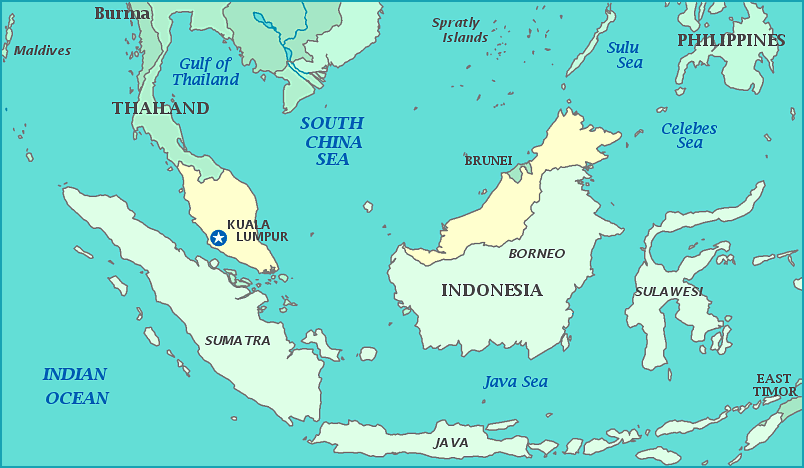Wildlife balance, also known as ecological balance or biodiversity, refers to the natural equilibrium that exists within ecosystems where different species coexist and interact in a way that maintains the health and functioning of the ecosystem as a whole. This balance is crucial for several reasons:
- Ecosystem Stability: Each species plays a specific role within an ecosystem, whether it’s as a predator, prey, pollinator, decomposer, or any other ecological niche. When the populations of these species are balanced, the ecosystem remains stable and resilient. If one species were to become dominant or extinct, it could lead to a cascade of negative effects, disrupting the entire ecosystem.
- Nutrient Cycling: Different species contribute to the cycling of nutrients within ecosystems. For example, plants take in carbon dioxide and release oxygen through photosynthesis, while decomposers break down organic matter, returning essential nutrients to the soil. If these processes are disrupted due to imbalances in wildlife populations, it can lead to nutrient deficiencies and affect the growth of plants and other organisms.
- Pest Control: Predators help control the populations of prey species, preventing them from becoming too abundant and causing damage to crops or other vegetation. Without predators to keep these populations in check, there can be outbreaks of pests that harm agricultural and natural systems.
- Pollination: Many plants rely on animals, such as bees, butterflies, and birds, for pollination. This process is essential for the reproduction of flowering plants and the production of fruits and seeds. If pollinators decline due to imbalances or extinctions, it can have far-reaching consequences for plant reproduction and food webs.
- Human Well-being: Ecosystems provide a wide range of ecosystem services that are crucial for human well-being, including clean air and water, fertile soil, climate regulation, and sources of food, medicine, and materials. Maintaining wildlife balance helps ensure the continued provision of these services.
- Resilience to Change: Balanced ecosystems are better equipped to withstand and recover from disturbances, such as natural disasters or climate change. Biodiverse ecosystems tend to be more adaptable, as they contain a variety of species with different traits that can respond to changing conditions in various ways.
- Scientific and Medical Discoveries: Many of the world’s natural resources, including potential sources of new medicines and scientific insights, come from the diverse array of species found in ecosystems. Imbalances or extinctions could lead to missed opportunities for valuable discoveries.
- Cultural and Aesthetic Value: Biodiversity holds cultural and aesthetic significance for people around the world. Many cultures have deep connections to specific species or natural areas, and these connections contribute to a sense of identity and well-being.
In summary, wildlife balance is essential for maintaining the overall health, stability, and functioning of ecosystems, which in turn have profound impacts on human societies and the planet as a whole. Biodiversity loss and imbalances can disrupt these intricate relationships, leading to ecological, economic, and social consequences.























